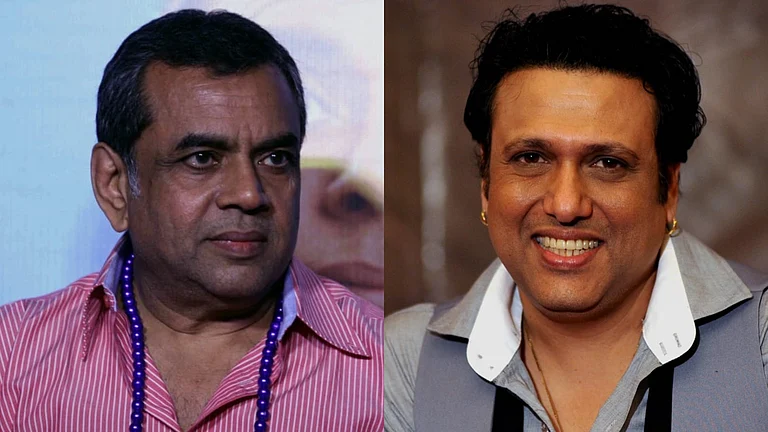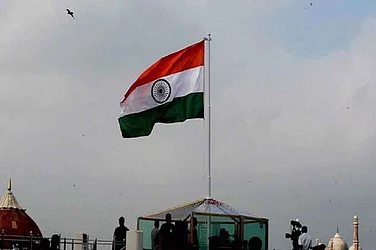Widows living in ashrams have once again broken social taboos by celebrating Diwali on the banks of Yamuna river in Vrindavan on Tuesday. This was a programme organized by the Sulabh Hope Foundation under the guidance of its founder Dr Bindeshwar Pathak.
For long, widows were treated as being inauspicious and the age-old social system prevented them from taking part in auspicious occasions in India.
Nearly 100 widows living in various shelter homes gathered at the historic Kesi Ghat and lit colourful diyas (earthen pots) and celebrated Diwali, Sulabh International said in a statement. Social distancing was maintained.
The widows decorated the ghat with traditional rangoli and lit hundreds of earthen lamps. They also chanted Krishna bhajans and danced there.
Thousands of widows, mostly from West Bengal, live in Vrindavan for several decades and for long were not allowed to take part in rituals, till NGO Sulabh International extended them a helping hand, said Vinita Verma, vice-president of the organisation.
One of the widows, Manu Ghosh said, "Motivated by the series of revolutionary initiatives, widows are now happy and enjoying their stay in Vrindavan."
With an aim to bring a ray of happiness and counter the tradition of widowhood, Pathak came up with the unique idea to organise the festival of lights, especially for the widows.
His organisation looks after hundreds of widows living in various ashrams in Vrindavan and Varanasi since 2012.
On a routine basis, Sulabh International provides them medical facilities and vocational training besides meeting their day-to-day needs so that they do not feel left out during the twilight years of their lives, says Verma.
(With PTI Inputs)


























